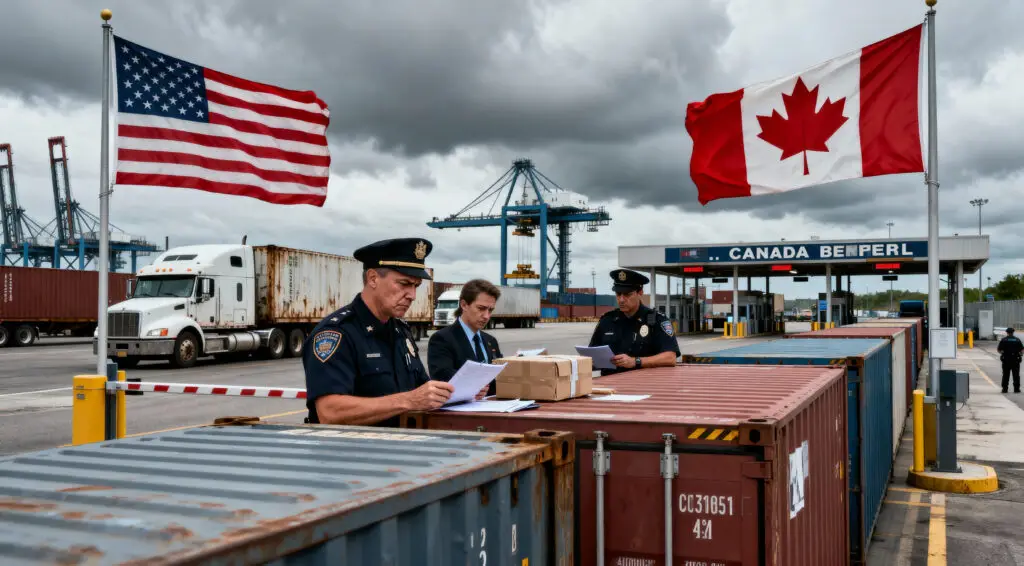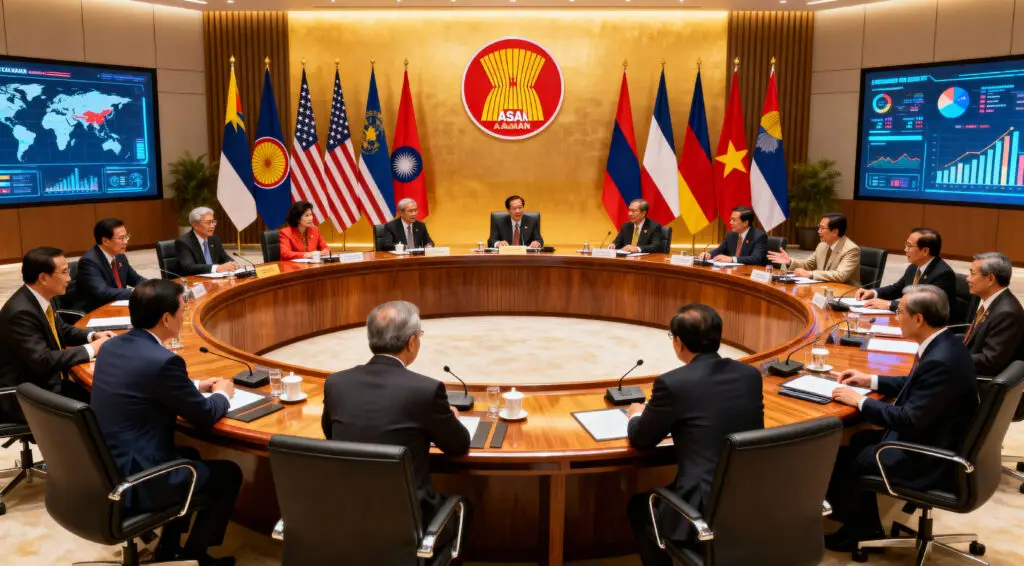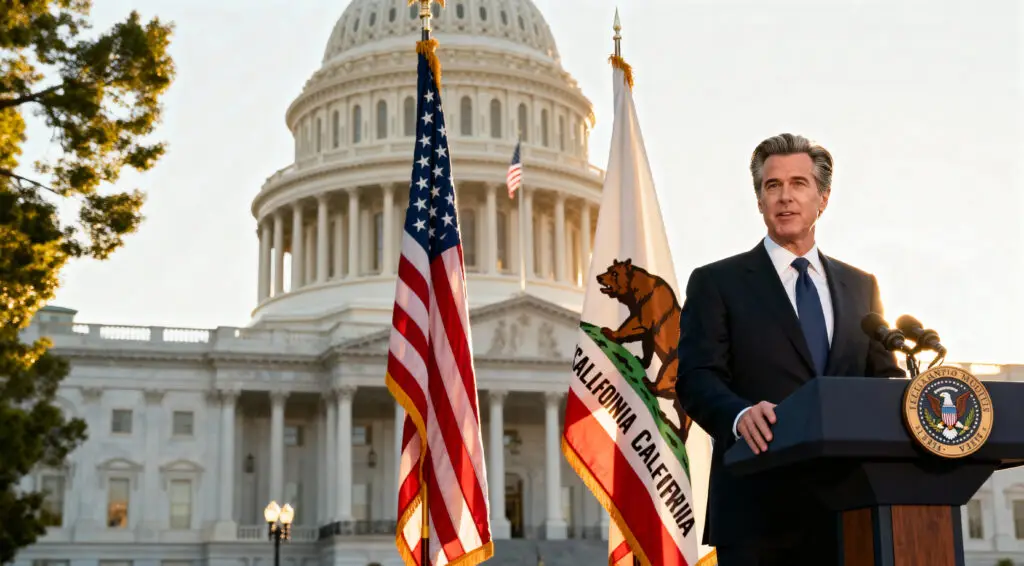Trump Announces Retaliatory Tariffs Following Ontario Ad Dispute
After criticizing an anti-tariff commercial paid for by Ontario, President Donald Trump said that the duty on Canadian goods will go up by 10%. The news, which was shared on Truth Social, made things worse in one of the most crucial commercial ties in the world.
During the World Series broadcast, the commercial brought up Ronald Reagan’s address from 1987 in support of free trade. Trump branded the communication “a hostile act” and said that Ontario was lying about the facts to change U.S. trade policy.

Ontario Pulls Ad Campaign Amid Diplomatic Fallout
After talking to Canadian Prime Minister Mark Carney, Ontario Premier Doug Ford said that the province will stop running ads in the U.S. The goal of the measure is to start trade talks with Washington again and lower the tensions that are rising.
Ford said the choice was taken to stop more economic problems since trade between the U.S. and Canada is getting worse again. U.S. officials were angry that the commercial ran during a well-known athletic event.
Reagan Foundation Condemns Misuse of Archival Footage
The Ronald Reagan Presidential Foundation and Institute said that Ontario shouldn’t have used old film segments without permission. The group contended that the commercial twisted what Reagan stated and broke the law on intellectual property.
A spokesman stated the foundation was “reviewing legal options,” which is the same thing Trump said when he alleged the commercial changed Reagan’s message on purpose. Analysts say the argument has made commercial relations even more complicated from a legal and political point of view.
Recommended Article: Ontario Halts Anti-Tariff Ads After Trump Ends Trade Talks
Trump Cites “Hostile Act” and Defends U.S. Trade Position
Trump said the commercial was part of a bigger effort to get the U.S. Supreme Court to go against his trade policy. He said that Canada was taking advantage of the U.S. by putting taxes on goods that hurt American businesses and people.
Trump added, “I’m raising the tariff on Canada by 10% because they seriously misrepresented the facts.” He said that the measure was important to protect U.S. industry from unfair trade practices.
Canada Calls for Diplomacy, Citing Risks to North American Trade
Candace Laing, president of the Canadian Chamber of Commerce, stated that rising tariffs might hurt North America’s ability to compete. She instructed both countries to talk to each other under the Canada–United States–Mexico Agreement (CUSMA).
Laing added, “Tariffs are still a tax on America first and then on the competitiveness of all of North America.” “A free trade zone that works is good for both economies.” Officials in Ottawa emphasized that diplomatic lines are still open.
Economic Impact of the New Tariff Measures
It’s still not clear which items will be affected by Trump’s new tariff hike. CUSMA still protects most Canadian exports to the U.S., but a 35% tax is already in place on commodities that aren’t covered.
Trump put 50% tariffs on steel and aluminum imports earlier this year. This had a big impact on Canada’s industrial industry. Economists say that the new rules might make it harder for small exporters to do business across borders.
Future of U.S.-Canada Trade Relations Remains Uncertain
To stop things from becoming worse, Prime Minister Carney said Canada is ready to start trade talks again. However, Trump told reporters that he had “no plans” to see Carney at the ASEAN Summit in Malaysia, which is coming up.
People claim that the impasse shows how rapidly domestic politics may change long-standing business agreements. Experts say that both countries might face long-term trade problems and lower investor confidence if they don’t start talking to each other again.























